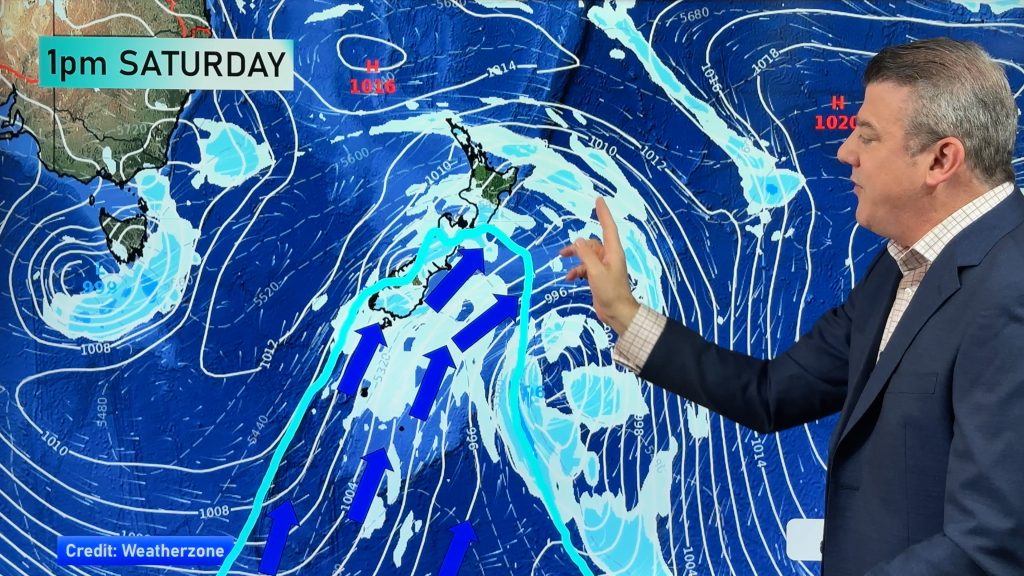
> From the WeatherWatch archives
As the spring winds continue to blow across many regions this month many have been asking WeatherWatch.co.nz ‘when is the next high coming?’. To be honest – there are several highs over the next couple of weeks, it’s part of the reason the weather is so windy (lows and highs near each other create stronger winds).
When we look at the long range wind maps you can see a number of highs sliding past or over New Zealand, especially affecting the upper half of the North Island.
This acts like a lid and keeps more of the rain and wind south of Lake Taupo, roughly.
Over the final 10 days of November we can expect a few highs to brush by – but we may have to wait until early December for our next true nationwide high – one that extends from Northland to Stewart Island and lasts for more than 24 hours.
During December we’d normally expect to see more highs across New Zealand and the gales drifting further and further south while rain events become more and more confined to Fiordland. However with a touch El Nino we can expect the spring pattern to linger for a little longer this year, especially south of Lake Taupo – meaning regular long spells of sunny and calm weather across the entire country may still be a few more weeks away yet.
Summer in New Zealand and Australia officially starts on December 1st (the meteorological date) but the astronomical date (which is what they use in North America) says summer starts on Dec 21st. Either way – this weather is still fairly normal spring November weather for our part of the world and December is looking fairly text book to begin with too.
Being two small mountainous islands in the roaring forties it’s not surprising that our season’s start and end dates often vary by many weeks due to such a chaotic weather pattern nearby in the Southern Ocean.
– By head weather analyst Philip Duncan
– image / CM Kong
– WeatherWatch.co.nz
Comments
Before you add a new comment, take note this story was published on 20 Nov 2014.





Add new comment
weather-nut on 20/11/2014 7:19pm
It might be worth noting that, like many other countries, meteorologists and climatologists in the US use the same meteorological dates for seasons that we do, despite most of their calendars marking astronomical dates as their ‘official’ start of seasons.
Reply